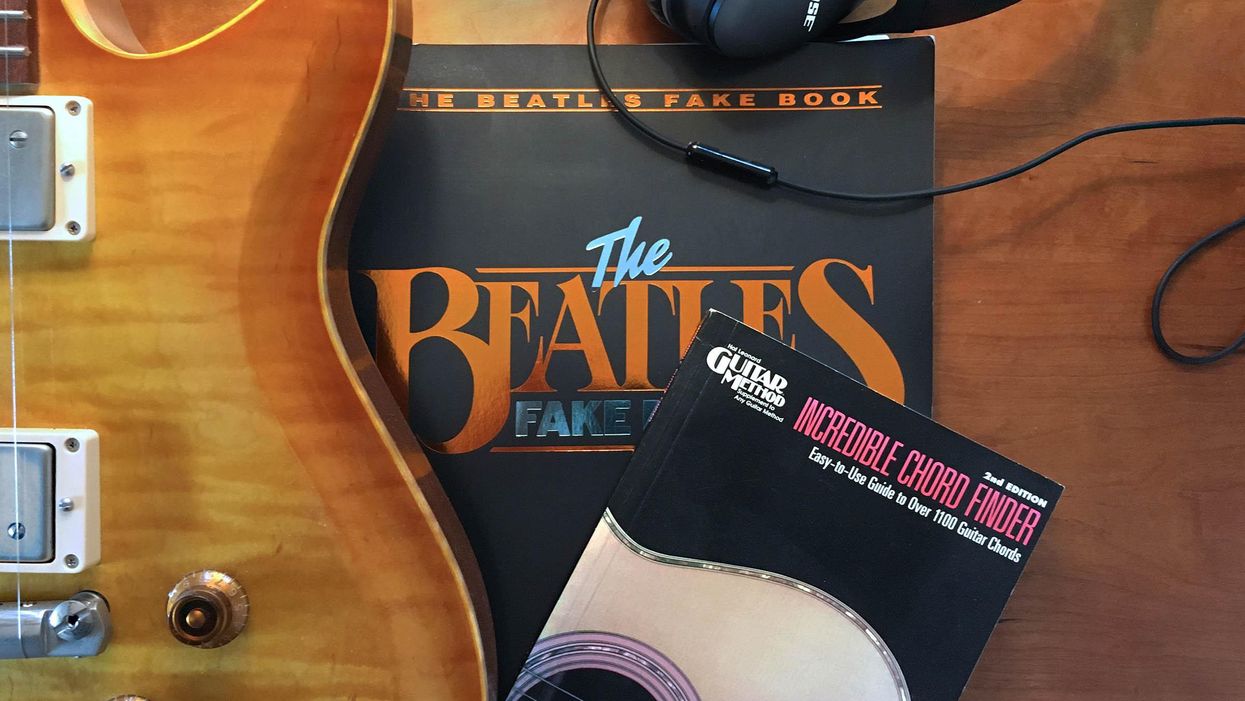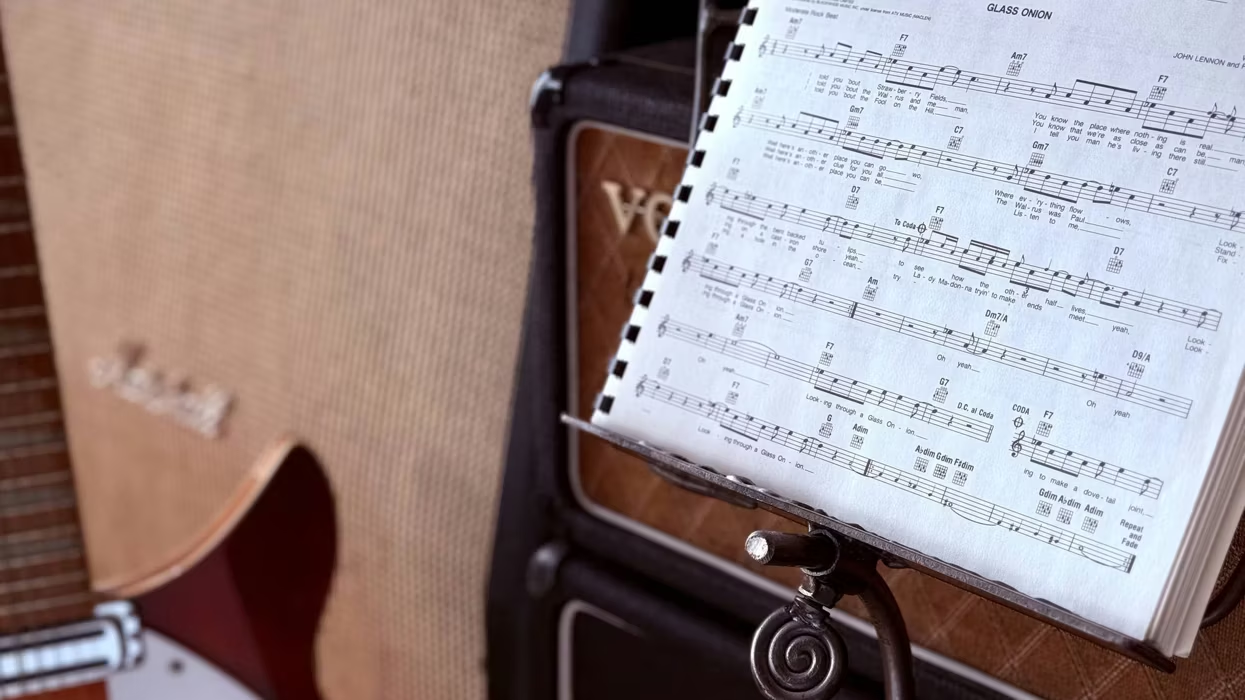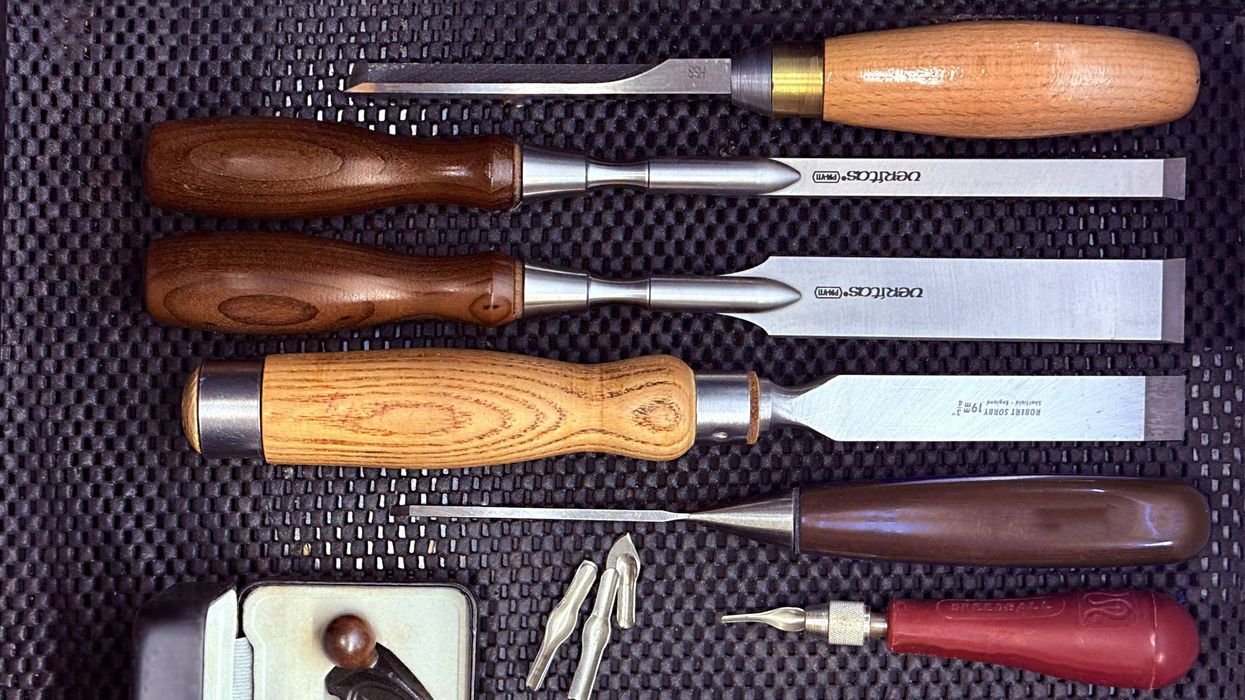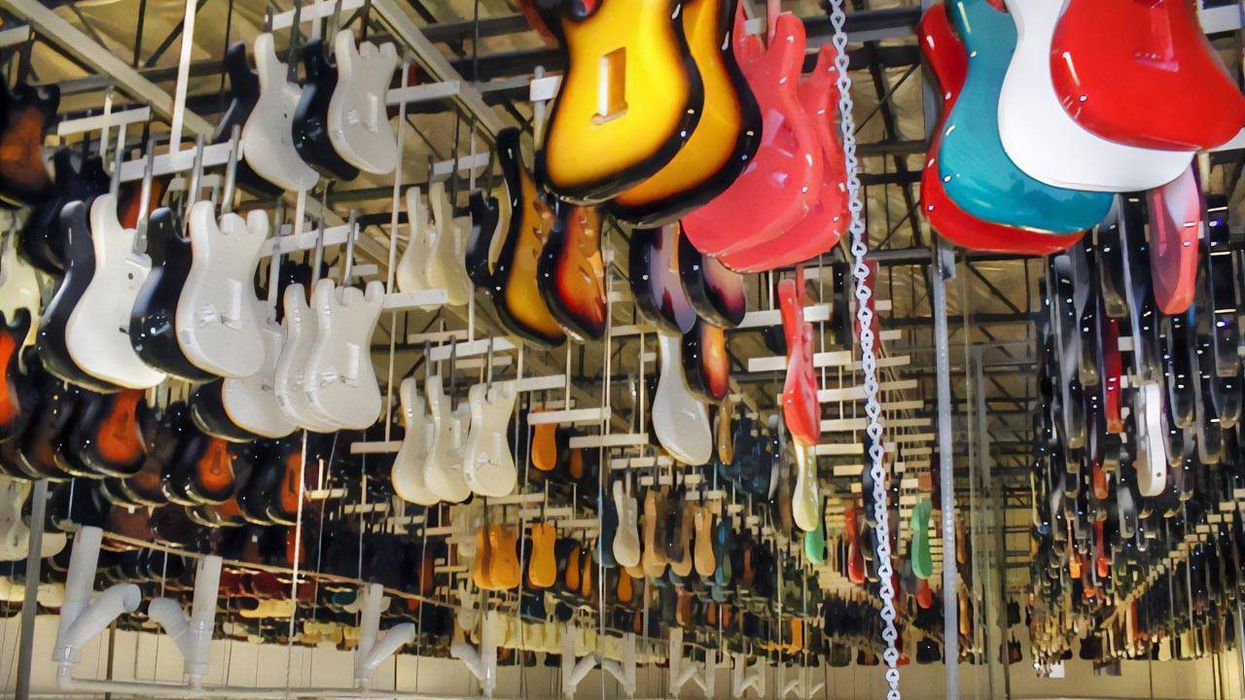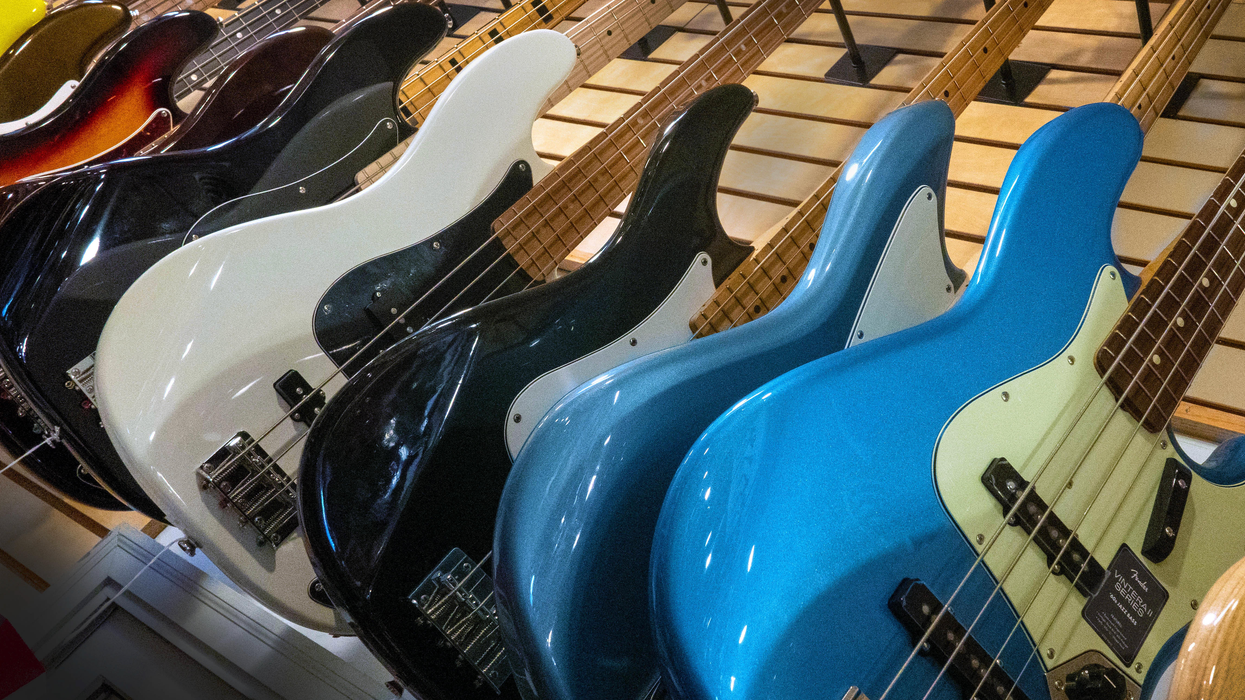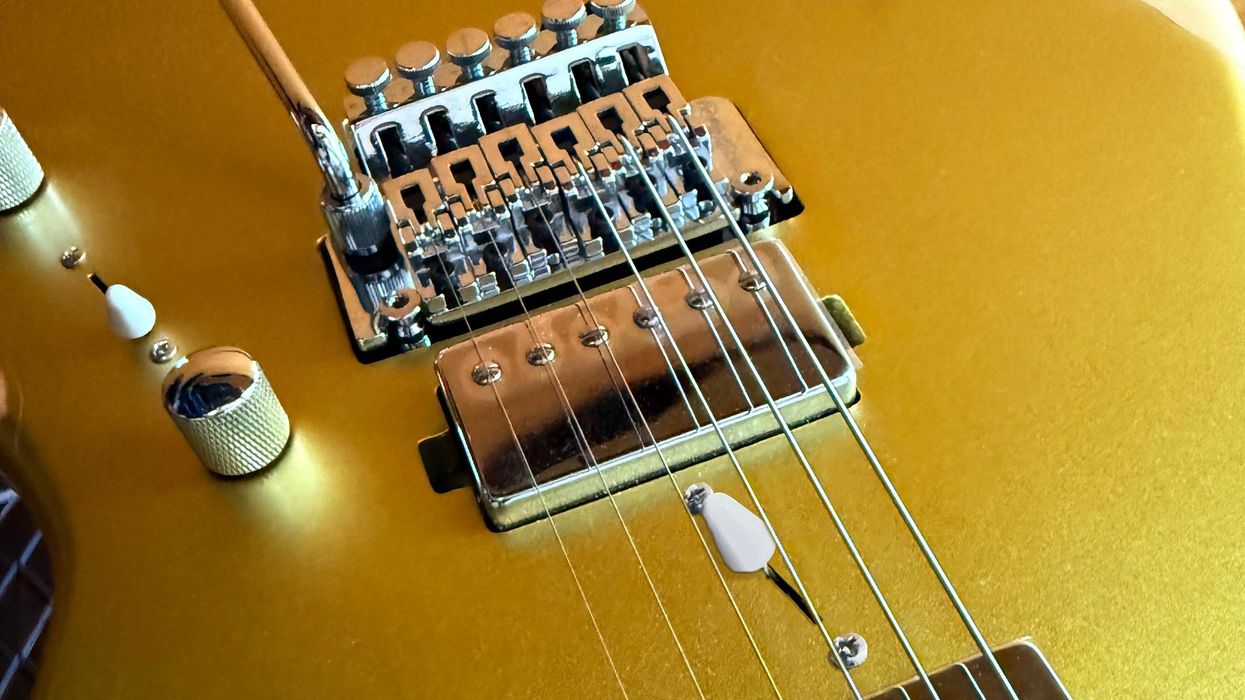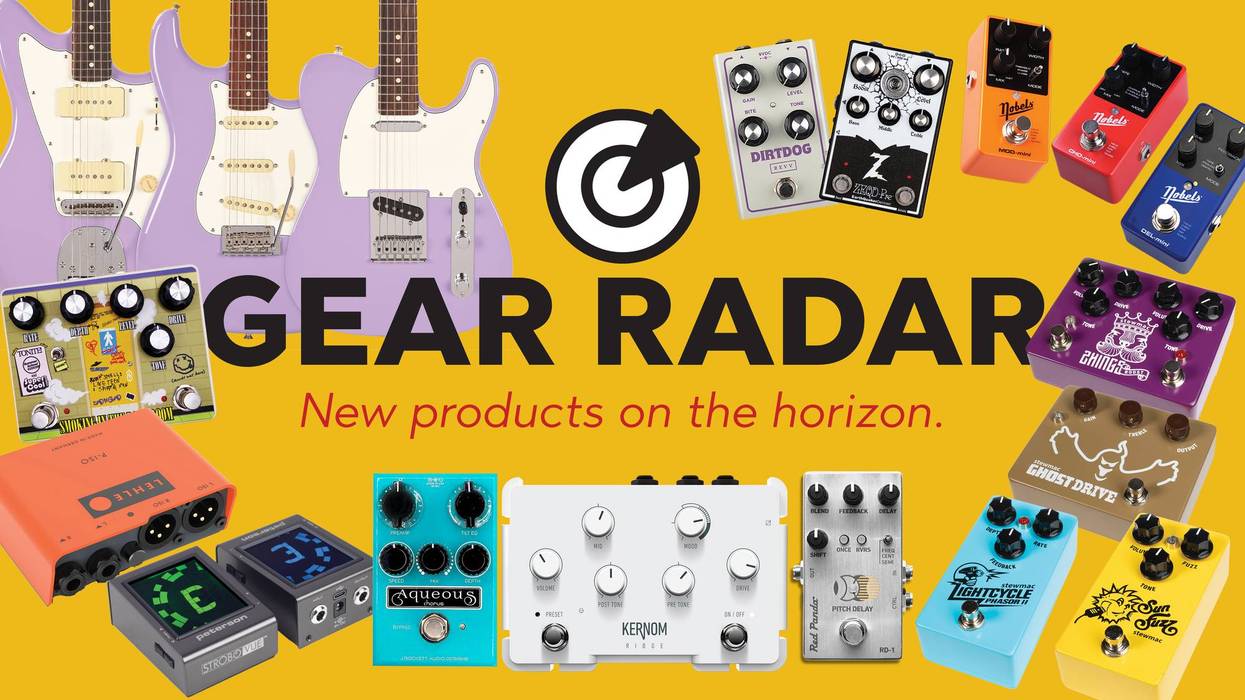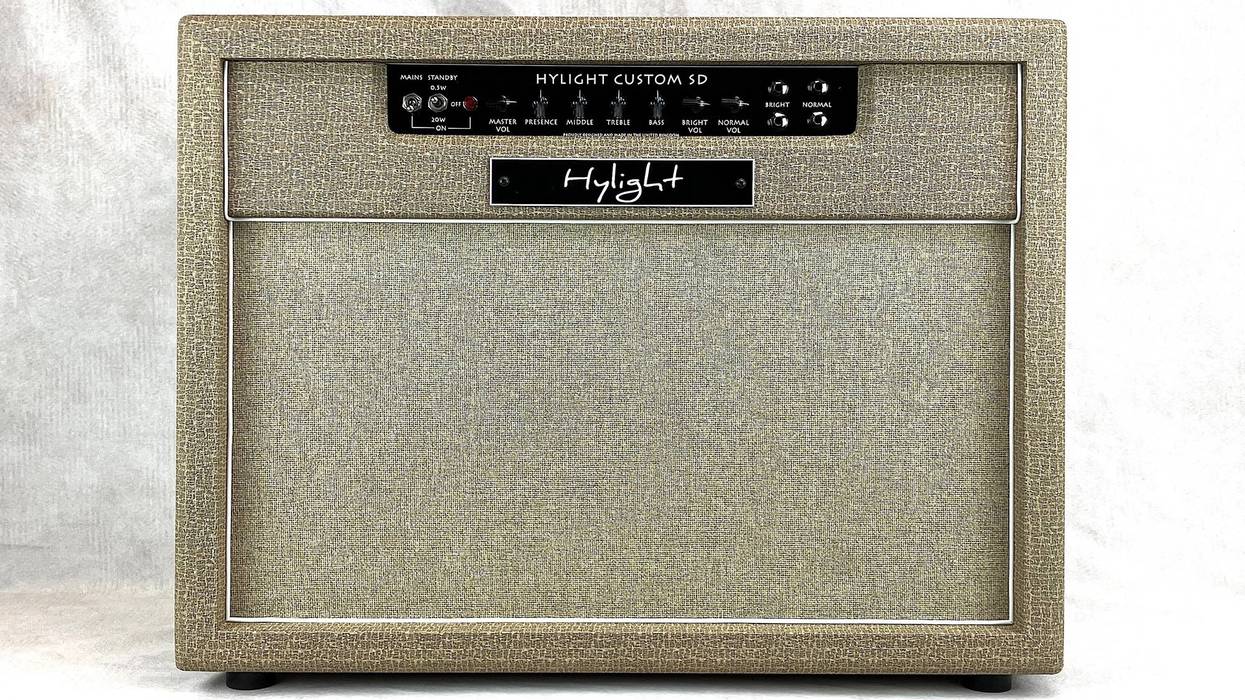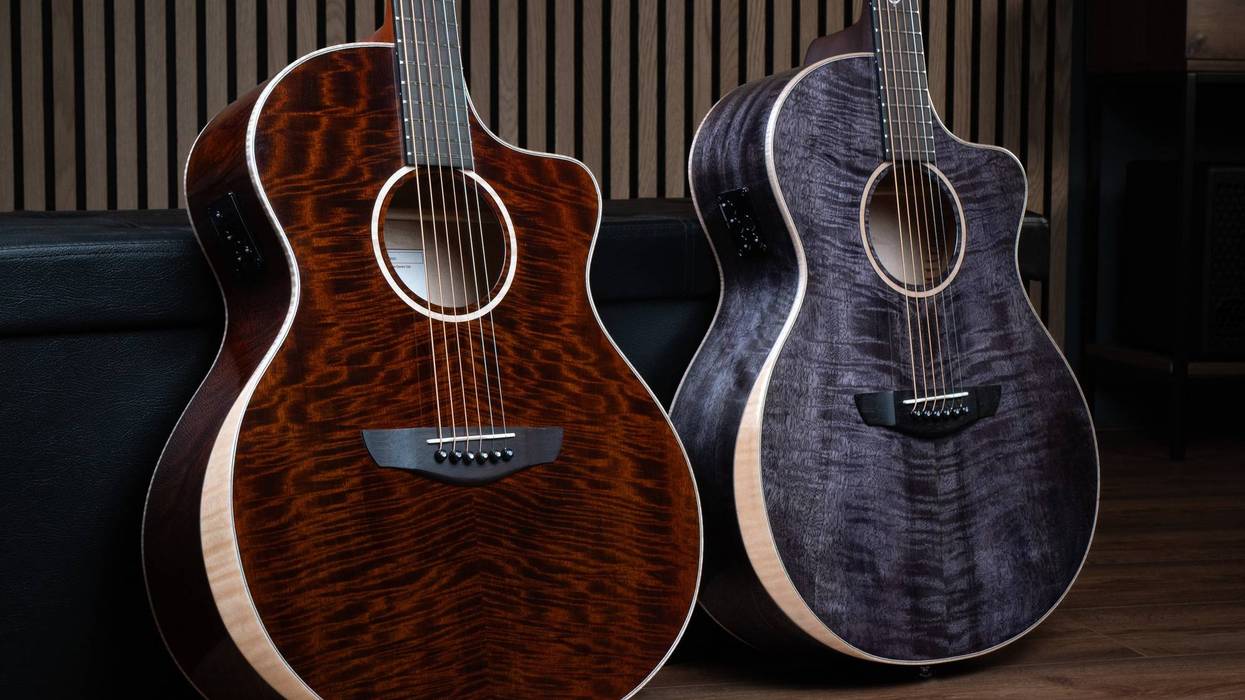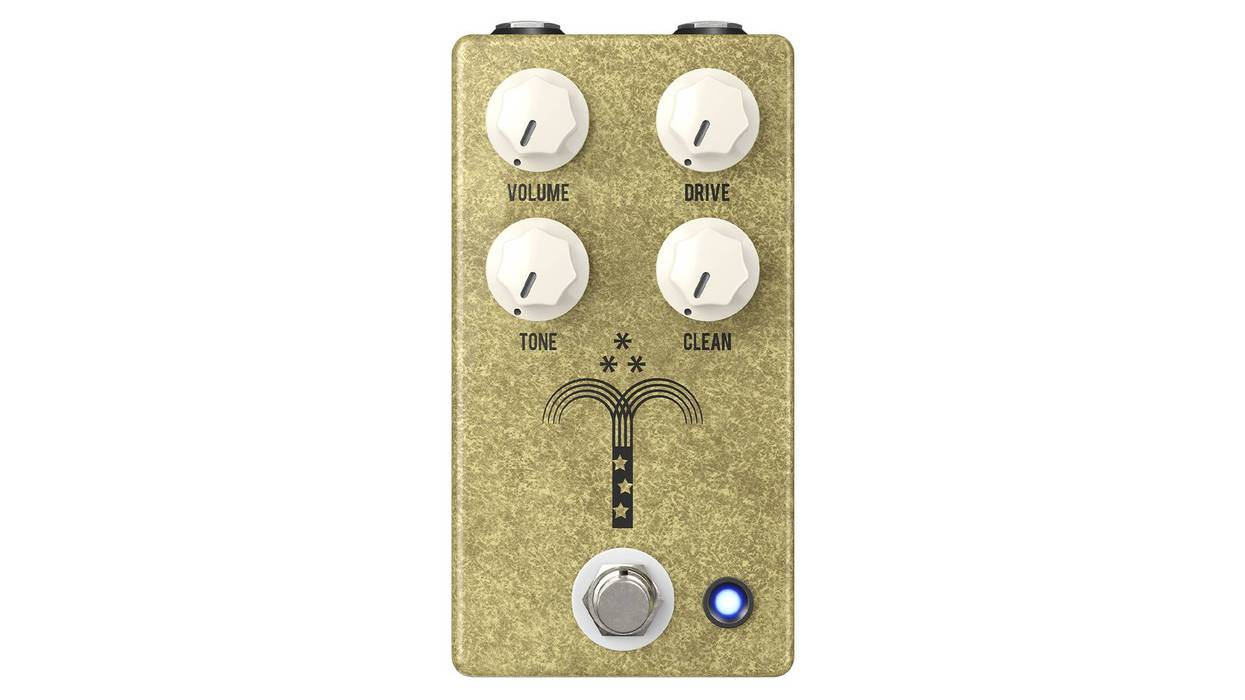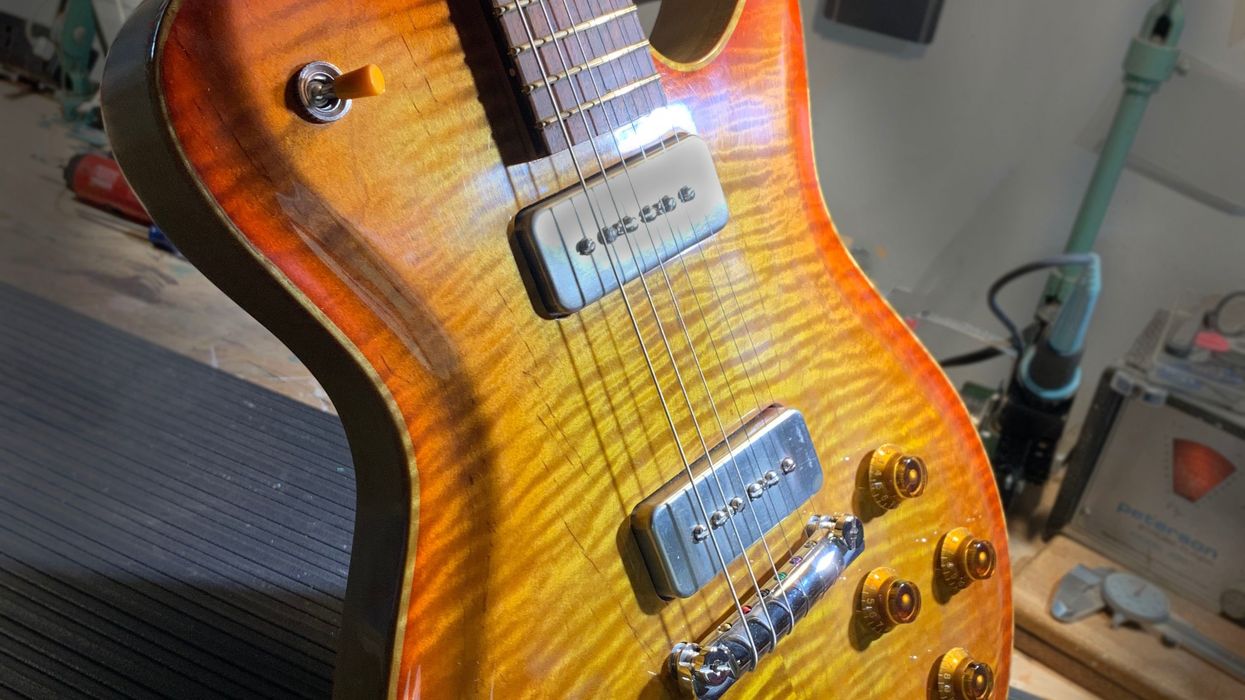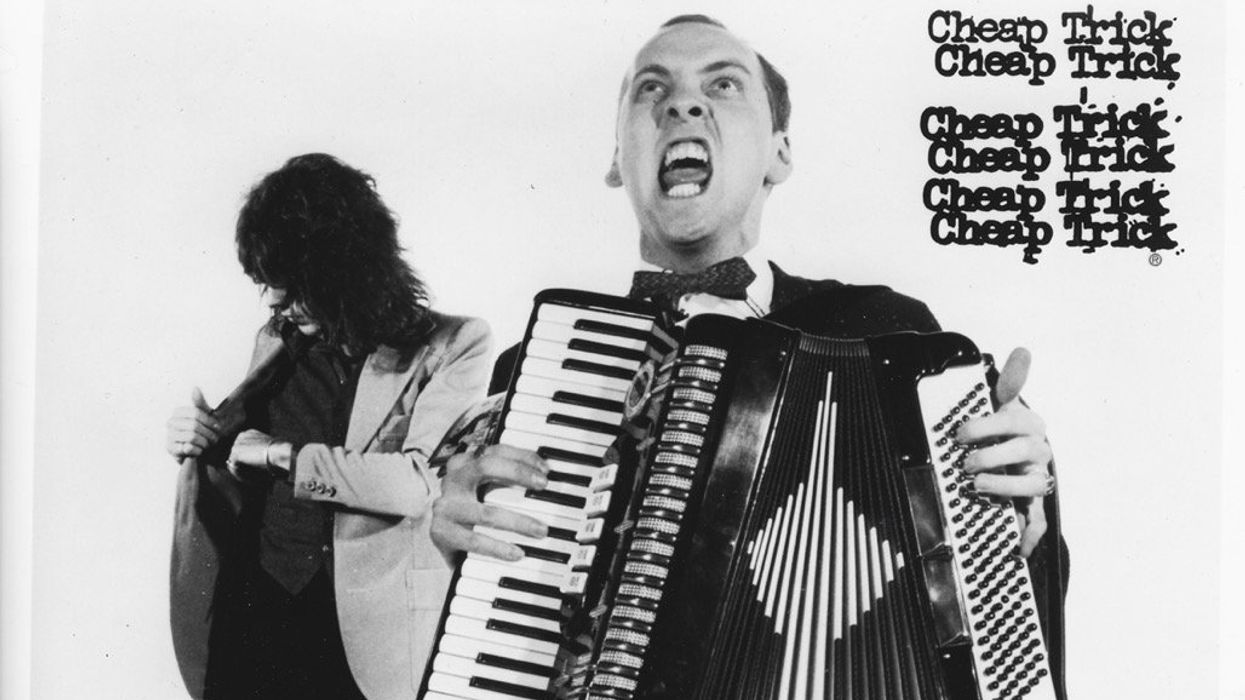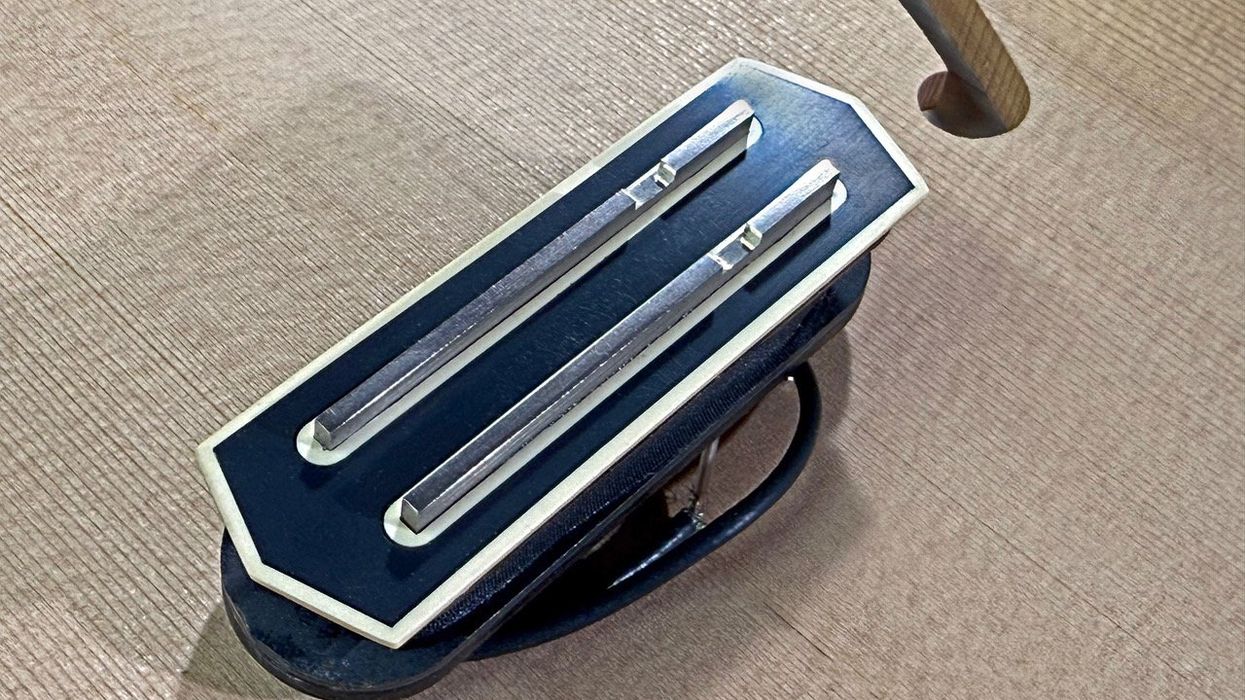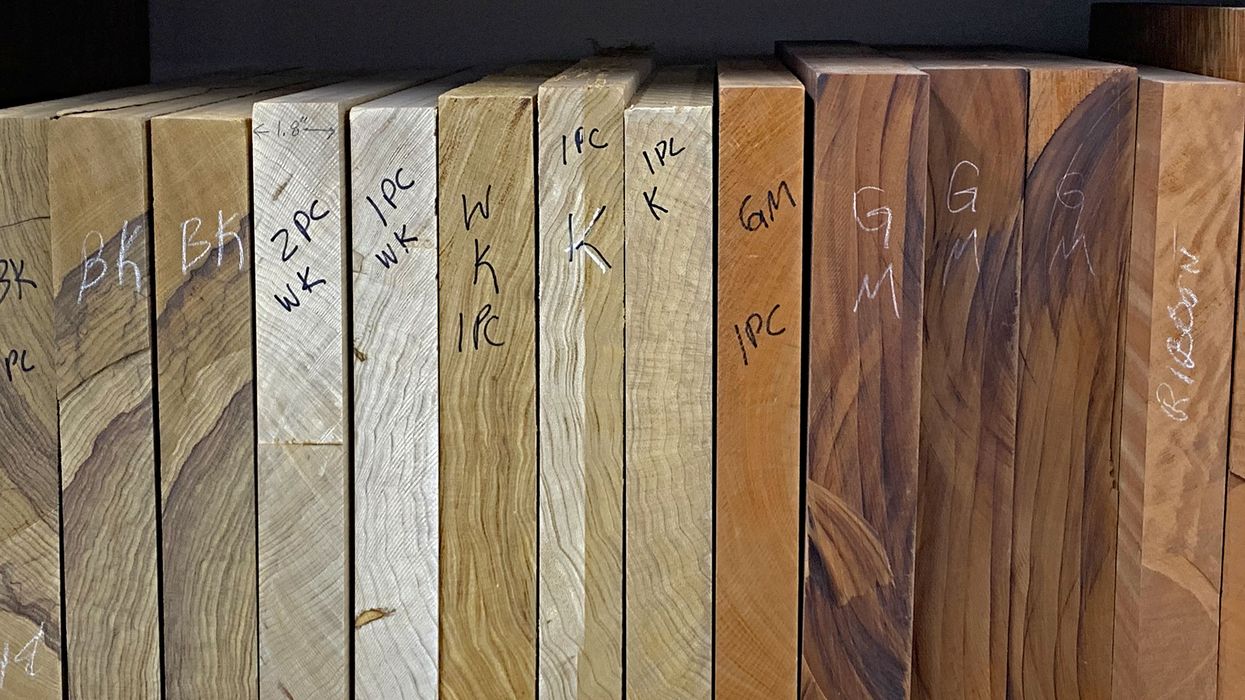Being a professional musician can be a difficult path, especially if you want to play your own music. We hear about the acts that are attracting the attention of the media or are forging a following on the internet, who seem to be enjoying success. Then, there are established megastars who continue to play their catalog to adoring fans who grew up listening to their recordings. But, as we all know, one day you're hot and the next day you're not. I can't count the times someone has mentioned a performer that has "fallen to the depths" of playing county fairs or small clubs after having once ruled the stadium circuit. "Imagine," they say, "having to play (insert decades-old hit song name here) every night." Very few performers sustain financial success in popular music, and even session players have a limited shelf life as styles change. It's a young person's game, especially if you play pop music.
A lot of instrument advertising leans on professional endorsements or associations. Features are often touted as being influenced by and created for "pro" players. I guess this assumes that everyone who plays the guitar aspires to be a pro. Even garage-rock scenarios are portrayed as a stepping-stone to stardom. But not everyone can be a pro, and not everyone needs to be one.
There's certainly a lot more options if you want to be a side musician or play in a wedding band. Maybe you can eventually get a well-paying gig backing up someone who has made the big time, and you can stand 20 feet from stardom. But I don't think there's anything wrong with admitting that music is your hobby. Hobbies are where we can pour our passion, and they give more meaning to life. If hearing a favorite song lifts your spirits, think of how playing that song for others can lift theirs. Music is the only art form that moves people (and animals) even though it is invisible.
We can't all be professional entertainers, but we can be better listeners, and understanding how music is made lets us enjoy our favorite music even more.
The benefits of playing music are well documented. Music stimulates all the senses and promotes good health. Studies have shown that music prolongs cognition in older folks and helps kids learn—even when it's just heard in the background. Not everyone can write the next great novel, but almost anyone can play a little tune that others can sing along to. Playing an instrument is a way to share good times and tell stories that are meaningful to you. If you have kids, there's nothing better than seeing them discover the joys of making musical sounds and then weaving music into their lives.
Music is also a great icebreaker. I picked up a guitar because it made a joyous noise and shielded me from being shy. It was also easier to carry around than my parents' piano. The mechanical and electrical facets of the electric guitar appealed to my young gearhead sensibilities, too. Guitar music is art, entertainment, and tech all wrapped up together. If you're handy with tools, building instruments, effects, and amplifiers from kits can satisfy a whole universe of interests—and then you can make music with your creations for and with friends.
As most of you know already, being an avid musician also gives you a better appreciation of the music created by others. We can't all be professional entertainers, but we can be better listeners, and understanding how music is made lets us enjoy our favorite music even more and realize the full worth of what we are hearing or seeing. I'd recommend taking basic music lessons to everyone just to improve their appreciation of the music around all of us. As far as hobbies go, music is certainly one of the best ways to enrich your life and the lives of those around you. It makes you smarter, it relieves stress, and it doesn't cost much—at least at first. It's like having a church wherever you go. I'm not saying that it can cure all our ills, but it comes pretty close.
Sure, we'd all like a shot at writing a song that everybody knows and sings along to. Which brings us back to those "has-been" acts playing their platinum hit song for a small crowd of people and farm animals at a county fair. They've had a run that many of us can't imagine. It probably just started out as a hobby for them before it got out of hand for a while. I don't know about you, but I'd be happy to play that song night after night even if it was for a handful of fans. In the end, we're all just enjoying music, which is what I call success. Just keep playing your own hits and the music you love with your friends, family, and pets. And don't hate the word hobby.


